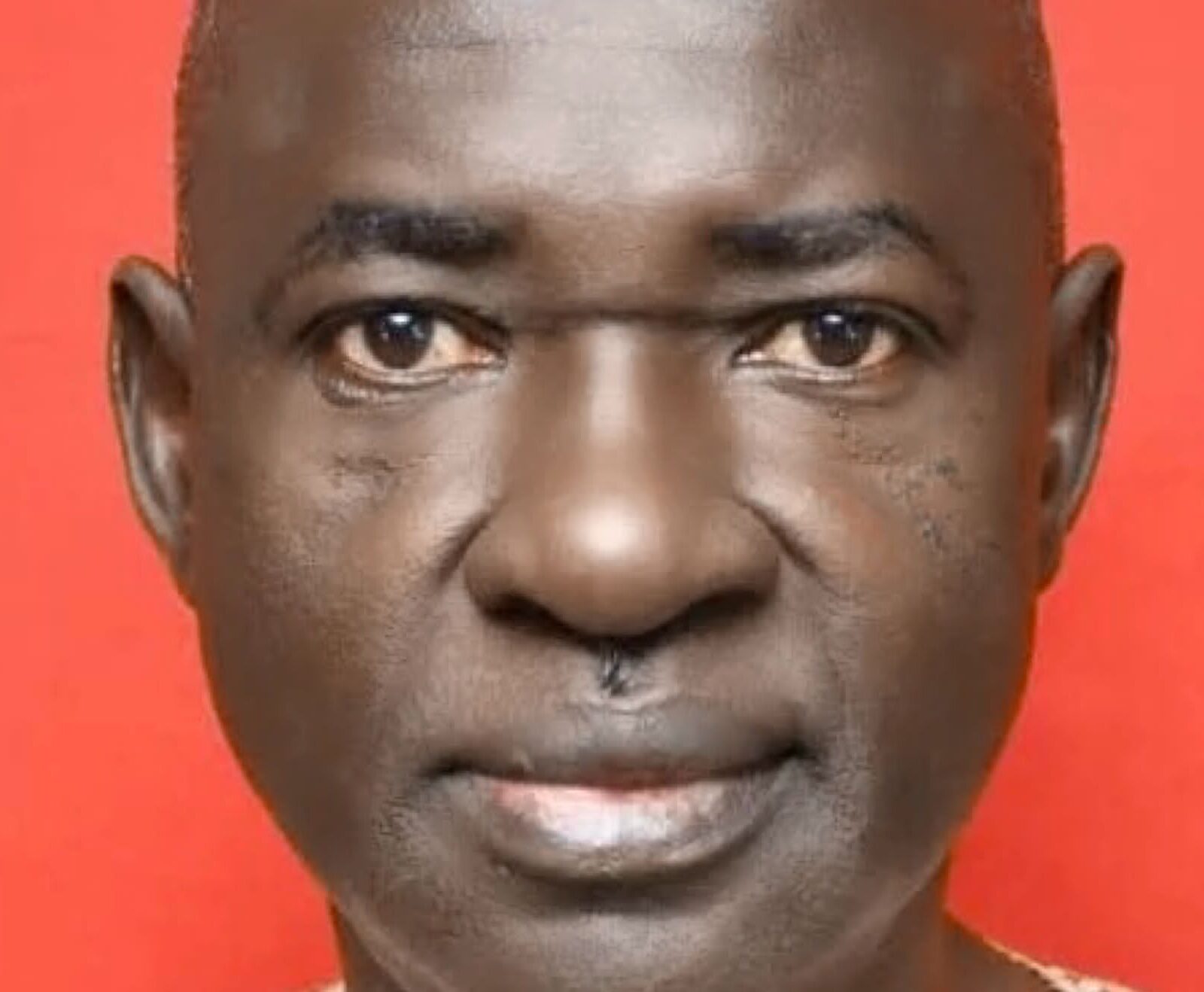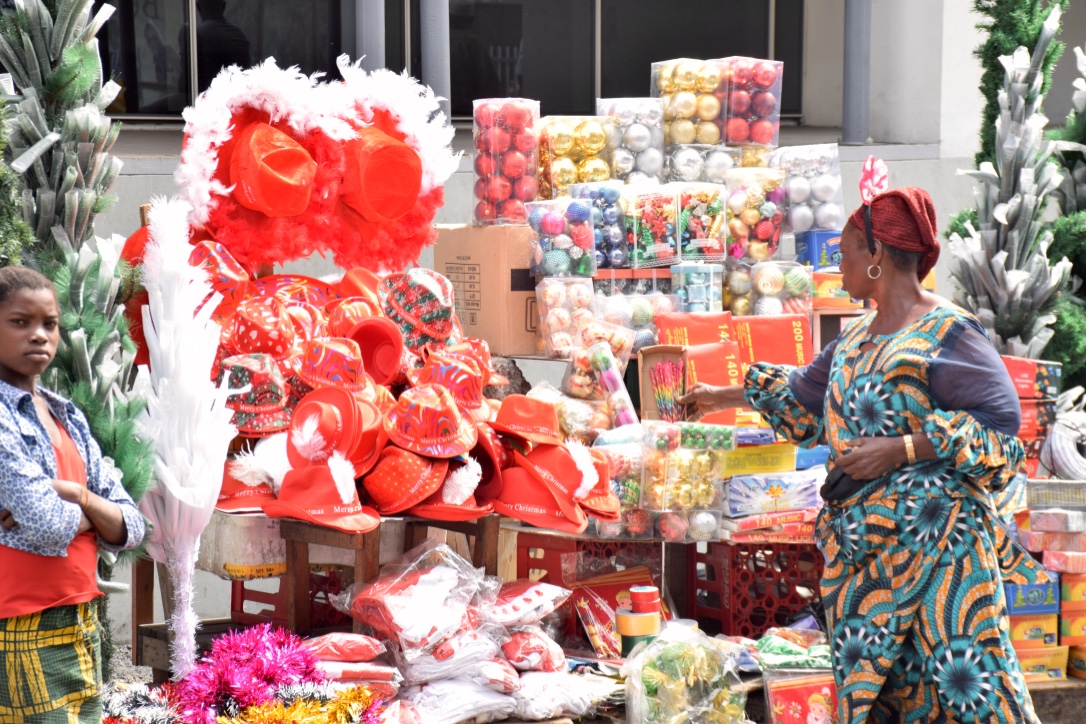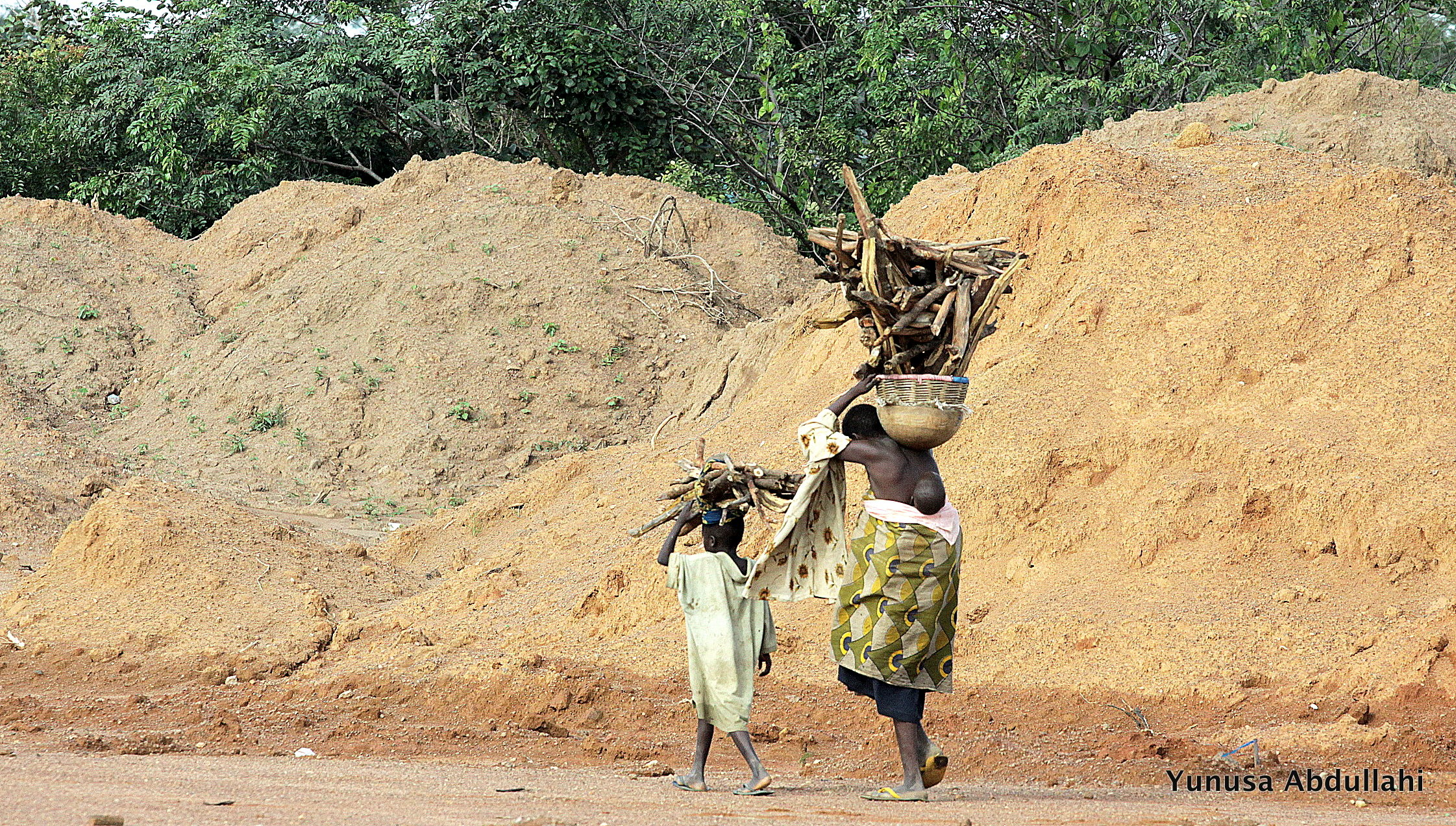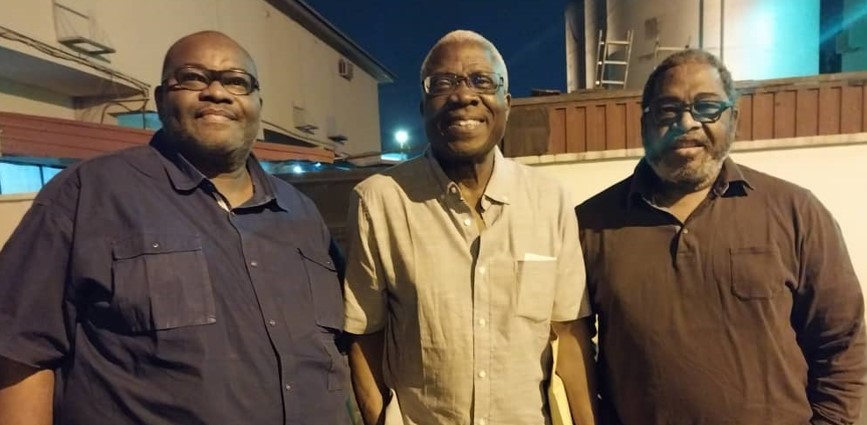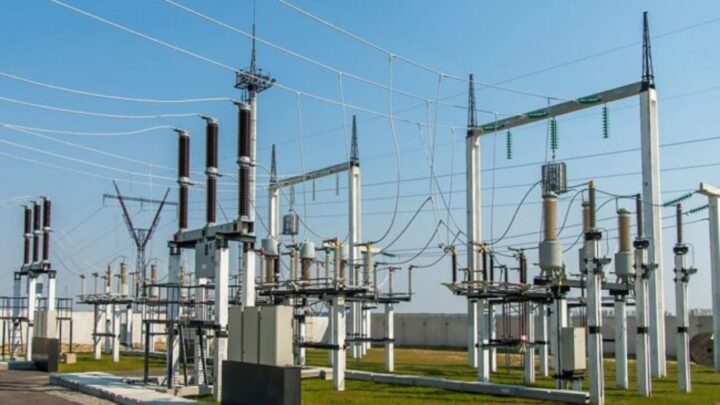“Glory to God in the highest, and on earth peace, goodwill toward men!” By the account of the Holy Bible, those were the words uttered by an angelic, heavenly host to a group of shepherds while announcing the birth of Jesus of Nazareth, in Bethlehem precisely. For a child born in a manger, that proclamation was spectacularly unique. The Jews were under Roman colonialists and were desperately expecting the messiah to liberate them from bondage. But that message from above had loftier uses and was not exclusively for Israelites. It was indeed for the entire human race in all dispensations, including Nigerians.
Goodwill, really? In Nigeria of all places? Call it skepticism. Call it cynicism. Call it disillusionment. Or hopelessness. There are palpable negative energies generated within the country at the moment, probably more than any other time in its post-Civil War history. Ours has become a land overwhelmed by multiple monsters which are bent on defeating the will of individuals and chocking the collective drive. The visions of young people and dreams of the older ones are brutally challenged. Most of the variables that make for decent, prosperous living have moved higher up the tree. Planning for tomorrow, something humans are expected to do as a matter of course and entitlement, is now hollow. Even modest accomplishments are no more to be taken for granted. The socio-economic space is being crowded out fast, sadly.
I do think of Nigeria in relation to her past glories, squandered chances and worsening conditions. Somehow, at the same time, I have not lost sight of its numerous potentialities, many of which are actually low-hanging fruits. As obvious as they may be, I dare not despise those who ignore or are simply unaware of their existence, for, it sometimes takes extra perceptive abilities to see clearly in the midst of widespread chaos. My personal life is driven by optimism, a deep-seated belief that behind the clouds, no matter how dark they may look, lies a new dawn, a prospect rewarding enough for anyone to aspire to clinch.
One element that is critical to our general wellbeing is the virtue called hope. Yes, that strong anticipation of something to be true or happen. Unfortunately, it’s often overlooked. I’ve read people, thankfully, who share this quality with me and also those who have travelled farther on the path of hope and are, therefore, better positioned to be my mentors in the art and science of positivism. Among them are world-acclaimed writers, thinkers and icons. I decided to survey some and apply their words on marble to the Nigerian situation.
Advertisement
Michelle Obama: “You may not always have a comfortable life and you will not always be able to solve all of the world’s problems at once but don’t ever underestimate the importance you can have because history has shown us that courage can be contagious and hope can take on a life of its own.”Like a candle in the wind, comfort, relative comfort that is, has ceased to describe how most Nigerians live. But because of the sharp survival instinct of many of us, we have continued to trudge on despite the limiting forces at play. That’s the spirit! It makes it easy for hope to thrive and give its holders fresh reasons to push on, altogether.
Albert Einstein: “Learn from yesterday, live for today, hope for tomorrow. The important thing is not to stop questioning.” My compatriots, the past, present and future are not as distant as they appear. They’re interwoven partners in designing and executing the destinies of persons and nations. Ours may be traumatised but are didactic nonetheless. One way to query where we’re headed is to take drastic steps in next year’s elections.
Nelson Mandela: “Our human compassion binds us the one to the other – not in pity or patronizingly, but as human beings who have learnt how to turn our common suffering into hope for the future.” The shenanigans of our political leaders notwithstanding, Nigerians have more in common than they realise. Only a united front can galvanise true corporate progress.
Advertisement
Alfred Lord Tennyson: “Hope smiles from the threshold of the year to come, whispering, ‘it will be happier’…”The deteriorating mental state of many of our people as revealed by recent statistics can be arrested if they wake up to the possibility of a more accommodating future.
Fritz Knapp: “In fact, hope is best gained after defeat and failure, because then inner strength and toughness is produced.” Like topography, Nigeria has had its share of hills and valleys. Ultimately, however, rather than destroy it, they can enhance its resilience.
Woodrow Wilson: “You are not here merely to make a living, you are here in order to enable the world to live more amply, with greater vision, with a finer spirit of hope and achievement. You are here to enrich the world, and you impoverish yourself if you forget the errand.” On Nigeria’s shoulders are burdens of other countries, especially in Africa, in addition to those of its own citizens. So, it’s too late to contemplate failing.
Charles Dickens: “It’s always something, to know you’ve done the most you could. But, don’t leave off hoping, or it’s of no use doing anything. Hope, hope to the last.” Hope is nothing until the end comes – meeting the desired goals, of course. The medal is never for people who stop half-way. Nigeria is only 62 years old, after all.
Advertisement
Desmond Tutu: “Hope is being able to see that there is light despite all of the darkness.” It’s futile at this point to deny the presence of darkness, both literally and figuratively, in our nation. But happily, so also is the sizable number of believers in its ultimate triumph. This category can make the much-needed difference.
Robert H. Schuller: “Let your hopes, not your hurts, shape your future.” This author of the time-transcending inspirational book, Tough Times Never Last but Tough People Do, surely is well-placed to counsel us to invigorate our aspirations in comparison to our national wounds, many of which are self-inflicted.
Fyodor Dostoyevsky: “To live without hope is to cease to live.” The value of the assertion by this foremost Russian novelist stretches beyond sound effects. Perpetually living in anticipation is directly equated with life itself. Nigeria and her people do not have to succumb to any form of weight when what is required is to muster the will to believe.
William Shakespeare: “The miserable have no other medicine but only hope.” Misery, without doubt, is not in short supply here. If all the growing population of extremely poor people can do, at least for now, is to anticipate recovery, then national rejuvenation will eventually materialise.
Advertisement
Anne Lamott: “Hope begins in the dark, the stubborn hope that if you just show up and try to do the right thing, the dawn will come. You wait and watch and work: you don’t give up.” The dynamics of hope is that straightforward. For the hopeful, the coming of answers is not about if but when.
Pittacus Lore: “When you have lost hope, you have lost everything. And when you think all is lost, when all is dire and bleak, there is always hope.” This thought canvasses the centrality of expectancy to the surmounting of hurdles. It leaves no room for retreats. The only sensible way for us is forward, not minding the monstrous mountains on our way.
Advertisement
Fellow Nigerians, Christmas is a most convenient time to distil the core significance of the period, namely the arrival of hope in the midst of odds and, as Christians believe, the rock-solid assurance in this life and the one to come.
Ekpe, PhD, is a member of THISDAY Editorial Board.
Advertisement
Views expressed by contributors are strictly personal and not of TheCable.
